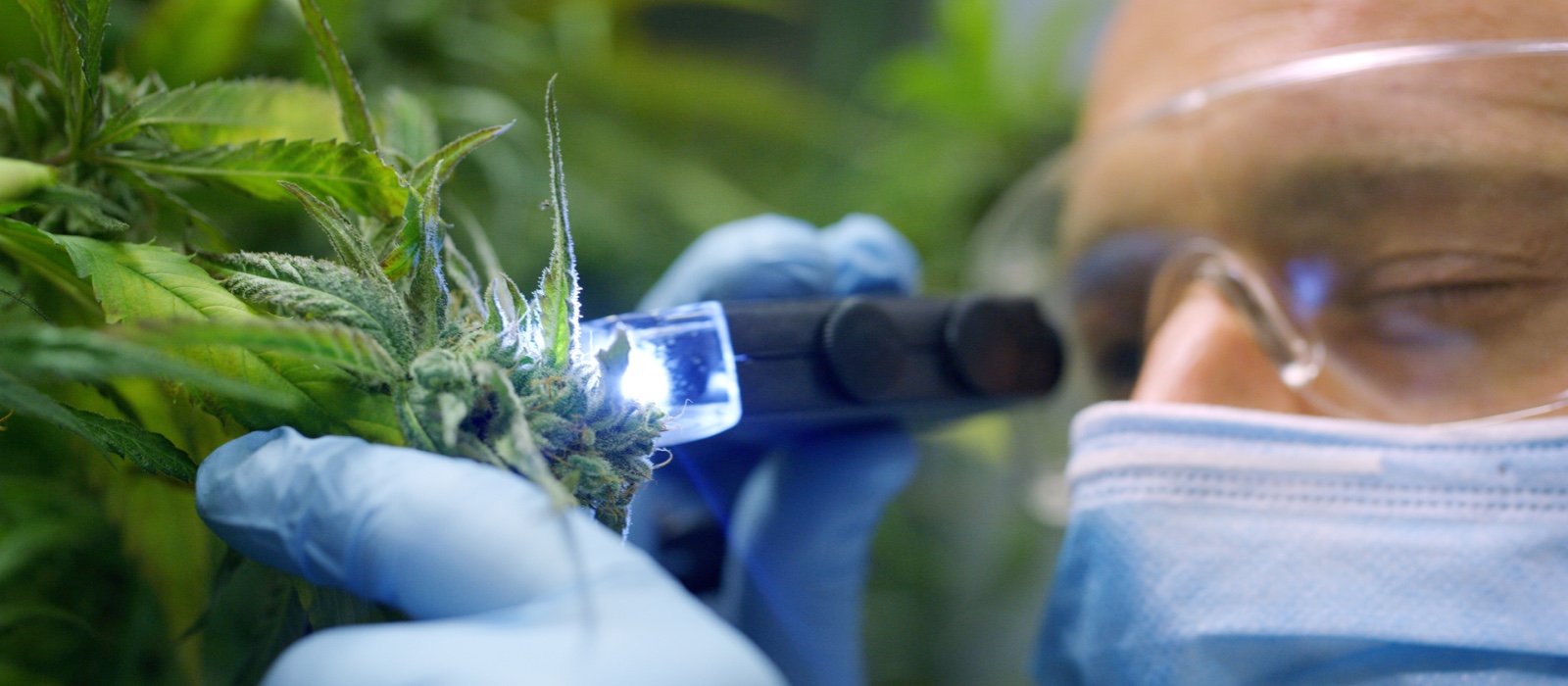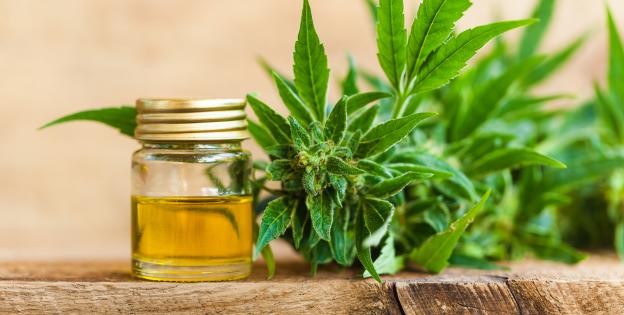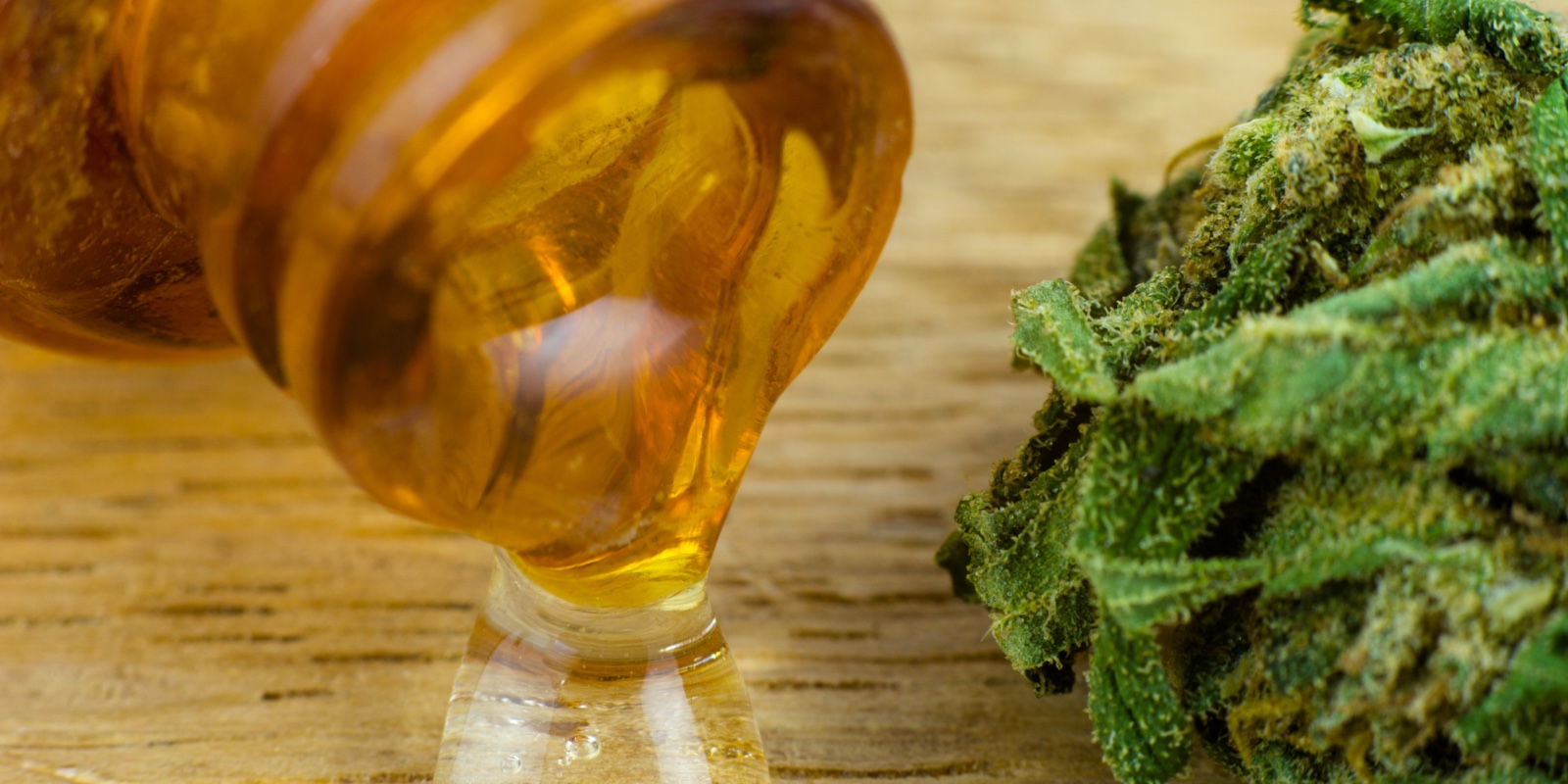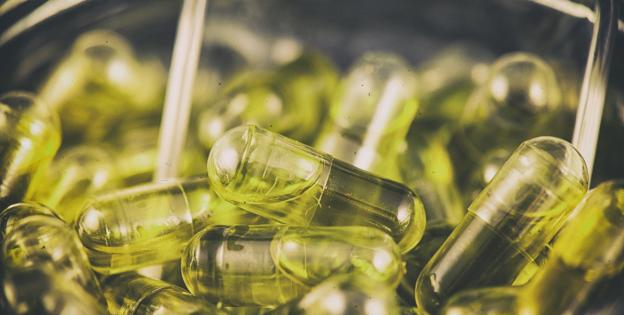- In the last few years, the cannabis industry has turned a corner thanks to CBD or cannabidiol, a chemical found in cannabis that provides numerous health benefits, as well as some recreational advantages.
- CBD has not only prompted a number of countries and states to legalise cannabis, but it has also changed consumption patterns.
- Like with all things that go in vogue, there are quite a few myths and false beliefs surrounding CBD. As information is key to mindful consumption, in this post we’ll try to demystify some of the most widespread myths about the cannabinoid.

Myth #1: CBD has no effects on the human psyche
CBD is often described as a non-psychoactive compound. We ourselves like to use this definition as the easiest way to communicate the idea that CBD does not get you high – this is an effect of THC. Strictly speaking, though, the term "psychoactive" refers to all chemical substances affecting the central nervous system and the way it functions.
And while CBD has been found not to alter motor function or the way reality is perceived – as opposed to THC – there is evidence the cannabinoid has an anxiolytic, antipsychotic and mood elevating effect which does affect the psyche, even if such an effect does not qualify as intoxicating.
Myth #2: CBD is medical; THC is recreational
This is one of the most widely diffused misbeliefs, when in fact the medicinal benefits of THC are supported by numerous studies. CBD, in turn, is often used recreationally because of the gentler psychoactive effect exerted by CBD-rich strains. Although isolated CBD is not intoxicating, when in combination with THC, it exerts a modulatory effect that opens the door to a whole new range of psychotropic experiences.
Myth #3: CBD is sedating
CBD is not sedating per se, and its anxiolytic effect should not be mistaken for a sedating or narcotic effect. Quite the opposite, there are studies that suggest CBD could actually be uplifting and invigorating. Much of the confusion arises from the fact that most CBD-rich strains are also rich in myrcene, a terpene known for its sedative effect, but isolated cannabidiol does not induce sleepiness. In fact, patients in clinical studies tend to report feeling more awake after taking high doses of the cannabinoid.
Myth #4: Hemp-derived CBD is less effective than cannabis-derived CBD
Being a cannabinoid, the quality of CBD has little to do with the extraction source, be it hemp flowers or CBD-rich cannabis strains. What may change is the resulting CBD content, that is, the amount of CBD contained in the oil at the end of the extraction process. Here, high CBD strains are probably the best option, as thanks to the breeding processes carried out by some seed banks, cannabis is much richer in CBD than hemp. A good example is Dinamed CBD Plus, a strain that contains up to 20% CBD.
Myth #5: CBD has no side effects
As explained in this post, CBD may cause side effects such as fatigue, diarrhoea and changes in appetite and weight. But because these reactions are much milder than that of most of the treatments used to manage conditions such as epilepsy, where CBD has proven highly effective, there is a tendency to believe the cannabinoid is free of side effects. That said, CBD is highly safe to use even at high doses.
Myth #6: CBD is a cure-all
Like any other product that is surrounded in hype, CBD is often regarded as a cure-all. This, of course, is far from true. While the medical benefits of CBD may be helpful in treating a number of conditions, the cannabinoid is certainly not the Holy Grail of medicine. Like any other substance or drug, just because it is effective against some conditions, it doesn't mean it is a miraculous molecule. So before starting a treatment with CBD, it is important to seek medical advice regarding the potential benefits and the recommended dose, which may vary from patient to patient. Where this is not possible, we strongly recommend doing some research on the uses and applications of CBD, always using reliable sources of information.
Myth #7: The more CBD, the better
Too much of anything is never a good idea, and this applies also to CBD. However beneficial it may be to the body, CBD abuse is not synonymous with better health. The human body is a virtually perfect mechanism that knows how to restore, and so common sense is essential. Maintaining a healthy diet and sleep routine, as well as exercising regularly, is key to homeostasis – the equilibrium between body functions. And while CBD may be a great help, for instance, in stressful situations, there is still little research on the effects of prolonged, high-dose use. Using CBD responsibly is therefore the wisest thing to do.






Comments from our readers
There are no comments yet. Would you like to be the first?
Leave a comment!Did you like this post?
Your opinion about our seeds is very important to us and can help other users a lot (your email address won't be made public).